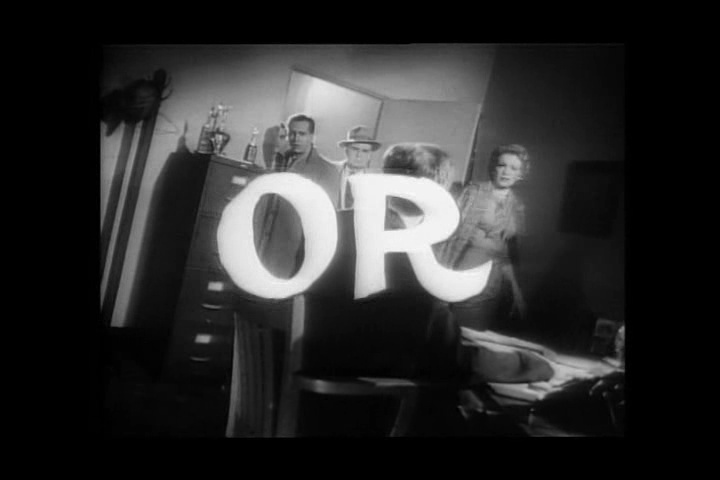
Daniel Riccuito of The Chiseler asked me to post this, so I have. My thoughts are below.
MAY 68 SEEKS ITS OWN LEVEL (AND FINDS IT)
On May 18, 1968, Jean-Luc Godard valiantly tore the screen at the Cannes Film Festival, therein saving cinema momentarily from collaborationism. If the atrocities in Vietnam would not go unanswered, however, cinephiles of the variety Godard called “assholes” with much justice have since sprung out of their coma and into a full on state of lethargy; embracing state power with big, wet, sloppy kisses.
Film, as they say, is a racket, and like all rackets, it feels that it must side with Israel’s genocide in Gaza. Has any hub of this larger Industrial Majesty — whether Cineaste, Criterion, MUBI or Sight & Sound — called for a ceasefire? They each responded to middle-class progressivism by reshuffling their respective canons for Inclusivity’s sake, without disturbing the bottom line of billionaires, but internalizing the Holocaust’s ethical lessons — well, that would be expecting too much from movie fetishists weeping over Night and Fog. Naturally, they remain dry-eyed and decorous as the Holy Land starves the children of Palestine.
Cinephiles may as well be IDF bullets.
Their institutions have reduced Palestinians to nothing.
Why has free speech been so triggering to academic administrators? Twitchy, undemocratic responses at Columbia and other strife-torn universities — a twisted combination of police crackdowns and campus shutdowns — seem wildly disproportionate even on this occasion. Young people, students, are being suspended and arrested for attempting to disrupt support for Israel’s genocide against Palestinians.
The question obtains, just how illegal is the speech these students are using?
During his own long lost student days, Juan Gonzalez helped organize the famous Columbia uprising of 1968. He reminds us now that he and his fellow suspendees were still granted hearings. A simple due process (“or the rudiments of it”) preceded any disciplinary action taken by the school. Rumors of anti-Semitism have thus far squelched meaningful debate between Mr. Gonzalez’s activist heirs — Jews prominent among them— and our mainstream press. Where are the investigations, both internal to the relevant academic institutions in this dispute and, more broadly, among legacy media outlets satisfied with innuendo?
Our commentators have leaned, and leaned hard, into the inevitable and swift condemnation surrounding any speech opposing American Imperium.
69% of Israel’s imported weapons come from the United States. One phone call from President Joe Biden would end the Holy Land’s stated goal to further destroy Palestinian life. Virtually in his sleep, he could apply the diplomatic brakes to the creation and continual maintenance of famine in Gaza, which persists amidst Israel’s relentless attacks against — well, again, the destruction has been all but absolute — nigh every hospital, university, bakery and refugee camp. Casualties include anonymous hundreds discovered in mass graves, scenes reminiscent of that earlier, un-televised genocide.
Jewish students, it must be repeated here, represent a major force against an unbearable status quo — and why the hell aren’t we all joining them?
The activist Florence Reece’s 1931 anthem essentially asked the same question: “Which side are you on?” Reece was rallying support for oppressed Americans, striking mine workers in Harlan County, Kentucky. Those of us who care about the indigenous population of historical Palestine are asking for justice, which requires that we pick a side — and if Academe’s choice is clearly wrong, then we are in no way compelled to follow its chronically sick example.
Jean Luc Godard’s symbolic act — call it a “stunt” if you prefer — was part of a larger revolutionary context, whose constituencies included students, teachers, factory workers and (some) cinephiles on the Left.
Let us hope that Sight & Sound will finally see Gaza, hear the Genocide and call for a ceasefire.
by Daniel Riccuito and Tom Sutpen
I don’t agree with everything above, starting with the premises that Cannes should have shut down and that Godard, Truffaut et al were engaged in a good-faith political protest, about whether the May ’68 protests were primarily about Vietnam, about whether the cancellation of Cannes achieved anything except the silencing of international voices.
“Cinephiles might as well be IDF bullets.” This strikes me as foolish — if we cinephiles had any actual power in this situation it might make metaphorical sense. But we do have the power to speak and we should exercise it. I felt bad about not writing anything about Gaza, just carrying on the usual merry dance. But I think whatever we say should be not only passionate but accurate. I think Jonathan Glazer’s well-meaning Oscar speech partially disabled itself by the clumsy, inaccurate use of the word “refute” and the poor syntax of the sentence, which enabled Howard Jacobson in The New Statesman to ask “Is Glazer refuting his Jewishness full stop, or refuting his Jewishness being hijacked to justify an occupation?” The question doesn’t legitimately arise because Glazer didn’t use a full stop, the sentence went on and the refuting part was obviously a dependent clause, but as the word refute was the wrong word to use and the sentence was poorly constructed (should have been “We […] reject the hijacking of our Jewishness and the Holocaust” not “We […] refute our Jewishness and the Holocaust being hijacked” which is a passive sentence, FFS.) In fairness Jacobson goes on to give Glazer “the benefit of every doubt” but of course there isn’t any doubt about what Glazer meant. He just said it badly. I like that he tried to say something, though.
Anyway, I’ll say more in the comments section as required. If you look upon Shadowplay as a refuge from this issue, apologies, but I don’t think there should really be any reliable refuges from this issue.
























































































